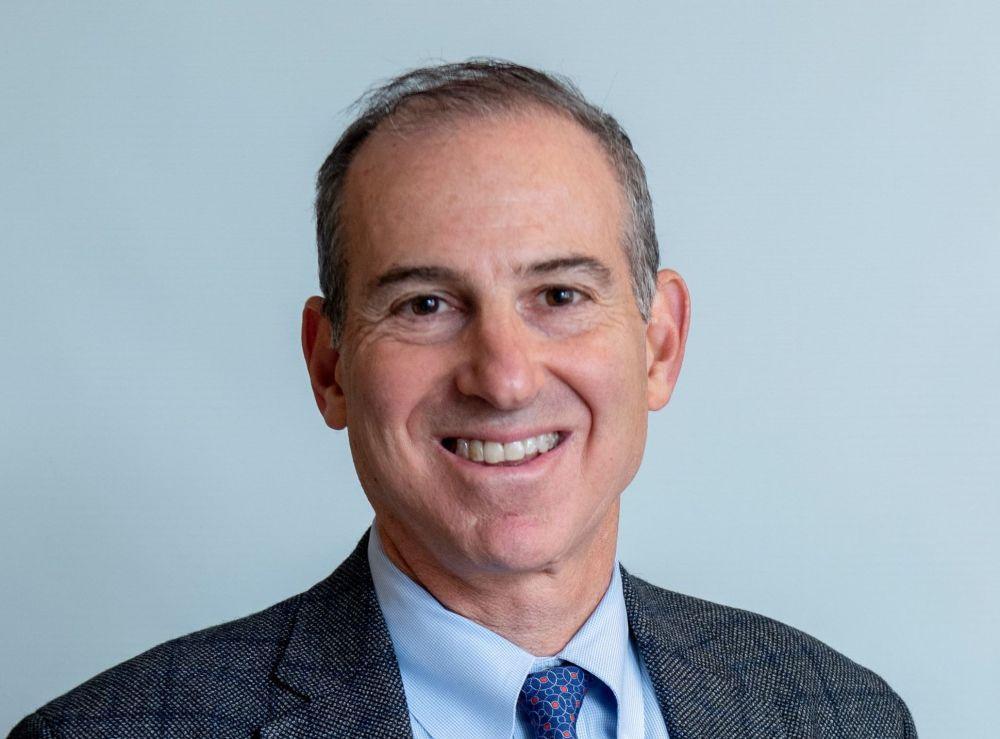El Dr. Steven Grinspoon, del Harvard Medical School, será el encargado de ofrecer la primera ponencia inaugural del XIII Congreso Nacional de GeSIDA. Una esperada intervención en la que nos hablará sobre los avances y resultados preliminares que viene ofreciendo el estudio REPRIEVE.
Your speech on REPRIEVE study will open the 2022 GeSIDA Congress. What are the main results of this research work?
REPRIEVE, a global study with over 7500 participants, is the first large primary cardiovascular prevention trial in PWH. Cardiovascular disease often occurs in PWH, at almost twice the rate seen in the general population. Increased cardiovascular disease is seen even among those at low to moderate traditional risk. For example, coronary plaque is seen in about half of REPRIEVE participants, who are on average only 51. Baseline data to be presented at GeSIDA suggests that increased inflammation and immune activation, as indicated by increased inflammasome activation and IL-6, may contribute to increased coronary plaque and excessive coronary artery disease. Moreover, we see that poor diet, reduced overall attention to a healthy lifestyle, poor physical function, and sex affect coronary disease in PWH. In addition, we see that there is an increase in certain somatic mutations associated with inflammation in PWH. Statin therapy was chosen as a primary prevention strategy because it can affect both traditional pathways, eg lipids, and also inflammatory pathways. Whether statin therapy can prevent heart attacks and strokes in this large population of PWH remains a critical question for the field. REPRIEVE will be providing answers to these important questions over the next few years.
What other aspects should be investigated at greater depth?
We need to understand which factors drive the increased relative risk of cardiovascular disease in women, why PWH tend to age prematurely, why adipose tissue ends up in places where it should not, including the liver and heart in PWH, and whether genetic mutations in PWH lead to increased heart attack and strokes. We also need to understand how statin therapy may reduce inflammatory pathways and if other strategies may be of use as well.
Taking into account all that we know, where do you think the approach to cardiovascular problems in people with HIV should be addressed?
People wit HIV should practice healthy lifestyle, good diet and pay careful attention to weight and other known traditional risk factors which contribute to cardiovascular disease. In addition, achieving viral suppression early and continuously is key to limiting ongoing inflammation. PWH should be assessed regularly for lipid and glucose disorders and treated appropriately. Blood pressure should be monitored, and hypertension treated. Education to reduce smoking should be given. In the future genetic screening and coronary calcium scoring may be recommended, but evidence is insufficient to recommend these measures now. REPRIEVE will tell us if this population with low to moderate traditional risk profile should take a statin to prevent heart disease.
Could the fact of having patients with a longer life expectancy alter the way in which cardiovascular disease is treated in people with HIV?
HIV has become a chronic condition with multiple morbidities, of which cardiovascular disease is one. Patients with long duration of HIV may have persistent immune activation over years and are at higher risk of comorbidities. In addition, such patients often exhibit a premature aging phenotype. Patients with HIV who are relatively young should nonetheless be counseled to reduce cardiovascular disease risks and be followed closely for any symptoms of heart disease.
In your opinion, how will the fight against HIV advance in the next 5-10 years?
Increasingly research will focus on eradicating viral reservoirs, and this may reduce the inflammation leading to cardiovascular disease. Therapies will also be developed that directly attack the ongoing residual inflammation associated with HIV, to reduce comorbidities. Through management of traditional and nontraditional risk, cardiovascular disease will be reduced.
